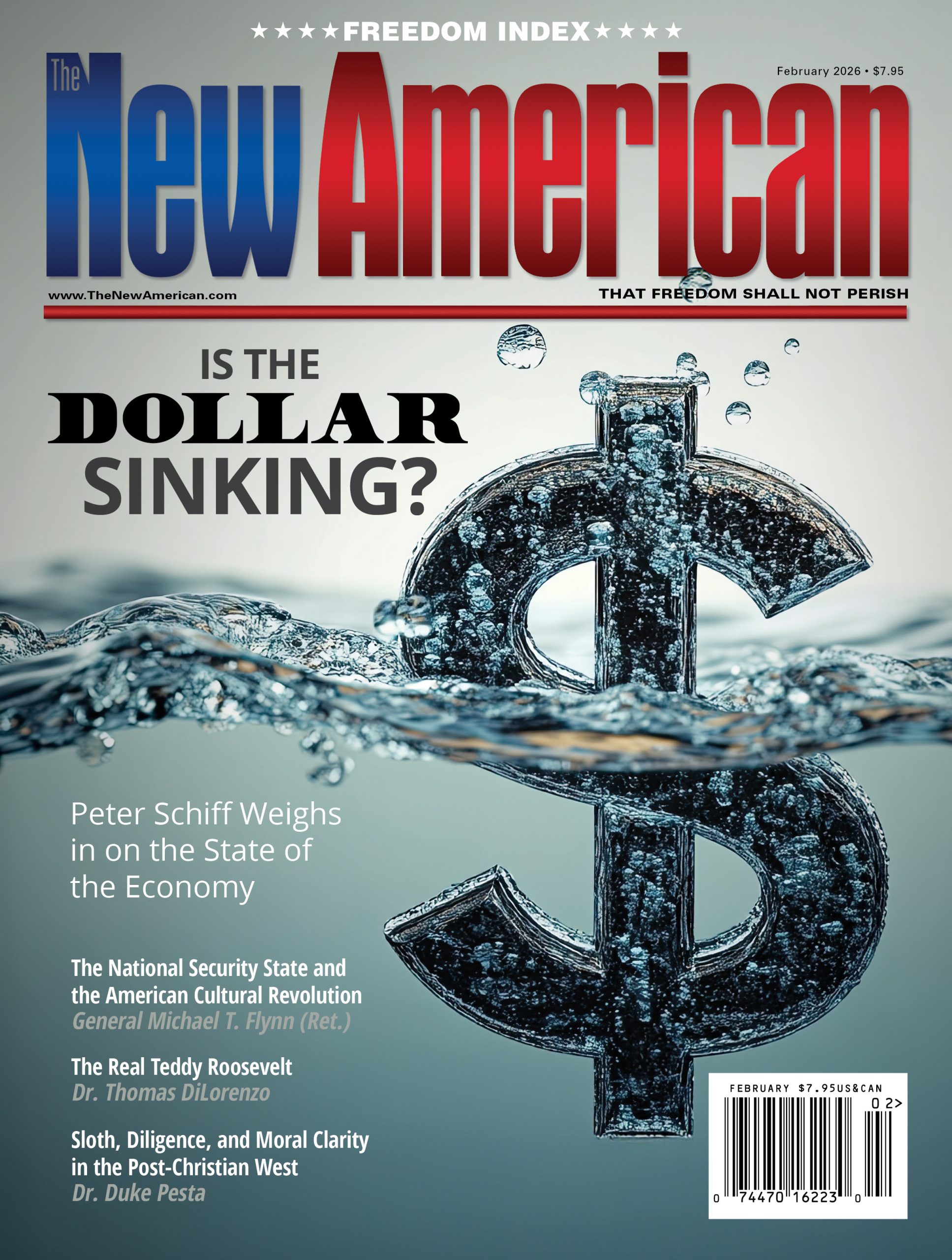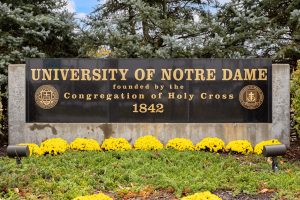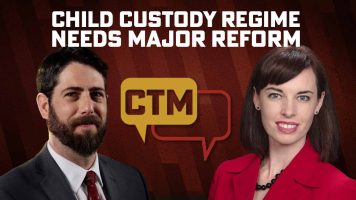
Church Wins Against Walmart Over Neighborhood Liquor Sales
A Baptist Church in suburban Atlanta has won a battle to prevent retail giant Walmart from selling liquor at one of its stores, which is situated next to the church. A local ordinance in Marietta, Georgia, bans the sale of alcohol within 600 feet of a church or school. Over the past several years, Walmart has been pressing Cobb County to grant it a waiver to sell liquor at a store situated only 200 feet from the 63-year-old Pine Grove Baptist Church. The church has steadfastly opposed the move, and on October 9 the congregation won against Walmart when the Cobb County Commission denied the waiver.
Walmart had tried to get the ordinance lifted for its store in the area, noting that the law allowed for a waiver if a business could show that its sale of liquor did not negatively impact churches, schools, or other properties in the vicinity. Attorneys for Walmart noted that a nearby “Race Trac” convenience store had been selling alcohol for years, with no discernible negative impact to the church or other adjacent businesses.
But church officials pointed out that the Race Trac was further than 600 feet from the church, a point the commissioners noted in their denial of Walmart’s request. “Laws are made for a reason,” said Commissioner Joann Birrell, suggesting that approving the waiver for Walmart would set a bad precedent. “Whether they’re antiquated or not, that remains to be seen,” she said. “The law is the law. I think we need to look at the 600 foot rule and abide by that today.”
Ministers and congregants of Pine Grove Baptist Church were out in force at the County Commission meeting to push against the retail giant’s request. “Kenneth Carroll, a deacon at Pine Grove Baptist, said that Walmart tried six years ago to persuade the church to sign an agreement to let them sell alcohol,” reported Patch.com. Carroll testified to the commissioners that he and other church officials told Walmart that “based on scriptural standards we could not and would not. They seemed pleased with that and went on their way.”
Walmart attorney Jarrod Loadholt testified that county records over the past several years showed no decrease in values for properties in the area. “Every party has seen their property values increase or, in the church’s case, remain the same the entire time Race Trac has been selling beer and wine,” Loadholt said.
But Carroll told the commissioners that the issue wasn’t property values, but the danger of liquor in the presence of children, as well as honoring God’s house. “We feel like alcohol is an addiction, a drug,” he said.
Carroll pointed to a list of over 1,400 arrests that had taken place at the Walmart, for such crimes as disorderly conduct, robbery, vandalism, sexual assaults, and illegal drug use. “Serious crimes, not just shoplifting and thefts, concern us, plus the potential to use our buffer areas, which are hidden behind [Walmart’s] loading docks and our church property where the fences are cut and the foot traffic comes through our parking lot,” he testified. “We are in great suspicion that they will be coming out of [Walmart’s proposed liquor store] and setting up camp up there in the wooded area. We’ve already found lean-tos and all where vagrants or someone has been camping out back there, so it leaves us with a suspicion and a fear of what could go on once you add alcohol to the mix.”
Another church member, Betty Wallace, noted that the area is already considered “a dreaded stepchild of Cobb County which is known as South Cobb, and it is frequently referred to as a blighted, gang-infested portion of the county. It is our position that the sale of beer or wine there would absolutely make it more blighted than it is.”
The Rev. Bobby Wood, pastor of Pine Grove Baptist Church, said that he knew of many people who shopped at the Walmart next to his church because it didn’t offer wine or beer. “We feel like there are already enough places to buy beer if they want to,” Wood told the commissioners. “If they’re interested in meeting the needs of their customers, they need to sell gasoline.”
In its request for a waiver of the ordinance, Walmart complained that it was losing business because it could not provide customers with the liquor they wanted. “Over and over our customers complain that they have to go across the parking lot to a gas station to buy their beer or wine (and pay more), or go to another grocer who is allowed to sell beer and wine,” Walmart wrote in its request to the County Commission. “In retail, if we are not able to compete fairly with other retailers in the market, then our business will suffer.”
The Rev. Wood pointed out that Walmart was well aware of the ordinance before it built next to his church. “Since they’re right next to the church … there was a reason for them to put the code in place,” specifically because of “the youth of the church [and] the safety of the people in the church.”
In the end the Commission agreed with the church’s objections, a victory Wood likened to a David and Goliath conflict, with the small church up against the huge Walmart corporation, with its high-powered lawyers and a reputation of rolling over the little guy. “We’re just happy that the board saw it our way,” he said. “They saw what we saw, that the law was written for a purpose.”
Photo of Walmart store: AP Images




